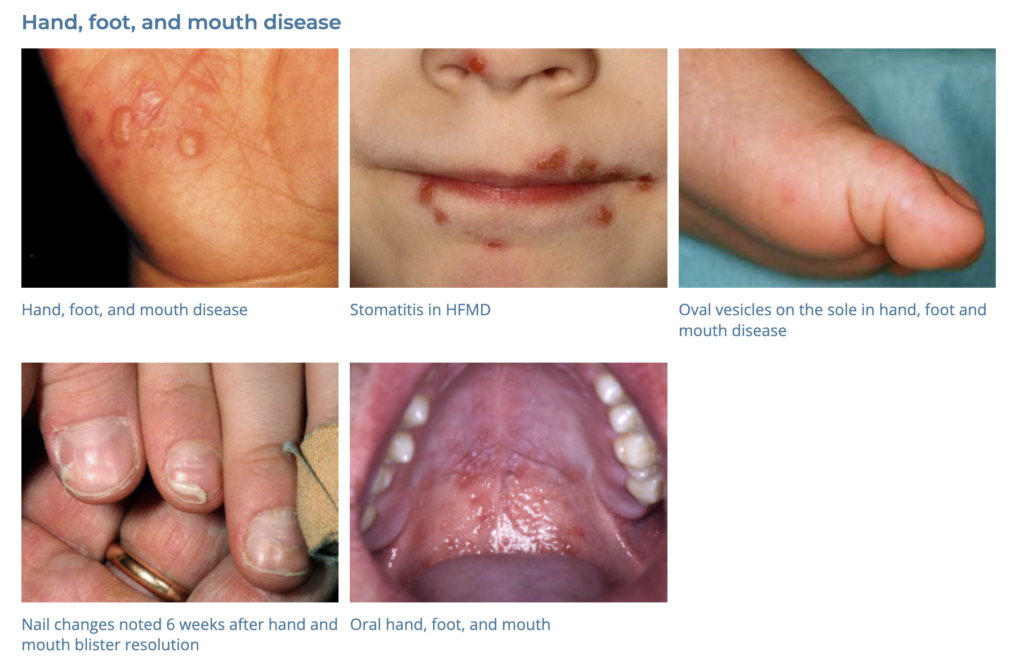A rash refers to a noticeable change in the texture or color of the skin. Rashes can be a symptom of many different medical conditions, ranging from minor to serious. Understanding the various aspects of rashes, including causes, diagnosis, differential diagnosis, and management, is important.
Causes
- Infections: Bacterial, viral, fungal, or parasitic infections can cause rashes. Examples include chickenpox, shingles, ringworm, and scabies.
- Allergic Reactions: Allergic reactions to medications, foods, insect bites, or chemicals can lead to rashes.
- Autoimmune Disorders: Conditions like lupus or psoriasis where the immune system attacks the body’s own tissues.
- Chronic Skin Conditions: Eczema and psoriasis are common chronic conditions that cause rashes.
- Environmental Factors: Exposure to sun, plants like poison ivy, or irritants such as chemicals or detergents.
- Heat: Heat rash or prickly heat can occur due to excessive sweating in hot environments.
- Underlying Medical Conditions: Liver disease, kidney disease, or thyroid problems.
Diagnosis
- Physical Examination: Assessing the appearance, location, and pattern of the rash.
- Medical History: Inquiring about recent exposure to allergens, new medications, or history of allergies.
- Skin Biopsy: Removing a small sample of skin for laboratory analysis.
- Blood Tests: To check for underlying conditions, such as autoimmune disorders.
- Allergy Testing: Skin or blood tests to identify specific allergens.
Differential Diagnosis
- Contact Dermatitis: Caused by direct skin contact with an irritant.
- Urticaria (Hives): Raised, itchy welts that can occur as an allergic reaction.
- Atopic Dermatitis (Eczema): Chronic skin condition causing itchy, inflamed skin.
- Psoriasis: Characterized by thick, red skin with flaky, silver-white scales.
- Infectious Diseases: Like measles, chickenpox, or cellulitis.
- Drug Reactions: Rashes as a side effect of medications.
Management
- Topical Treatments: Creams and ointments, such as corticosteroids, antihistamines, or moisturizers.
- Oral Medications: Antihistamines for allergic rashes, antibiotics for bacterial infections, or steroids for severe inflammation.
- Phototherapy: For certain conditions like psoriasis and eczema.
- Immunotherapy: For autoimmune or chronic inflammatory conditions.
- Avoiding Irritants: Identifying and avoiding allergens or irritants that trigger the rash.
- Lifestyle Modifications: Wearing loose clothing, using mild soaps, and avoiding hot showers to reduce irritation.
Conclusion
Rashes are a symptom rather than a diagnosis and can signify various underlying issues. Accurate diagnosis is key to effective management. While many rashes are benign and self-limiting, persistent, severe, or recurring rashes should be evaluated by a doctor for appropriate treatment and management. Additionally, rashes accompanied by other symptoms like fever, pain, or difficulty breathing may require immediate medical attention.

